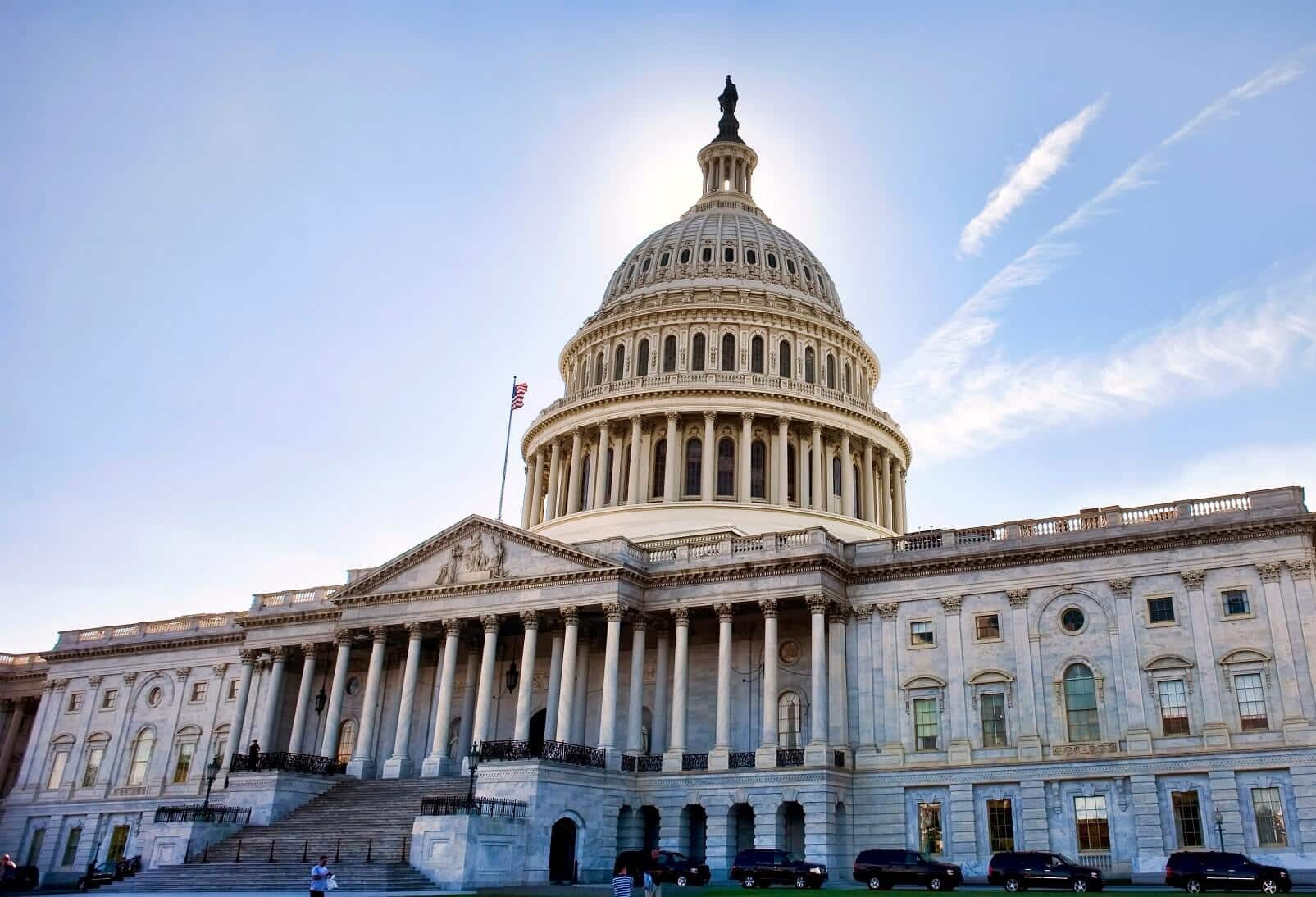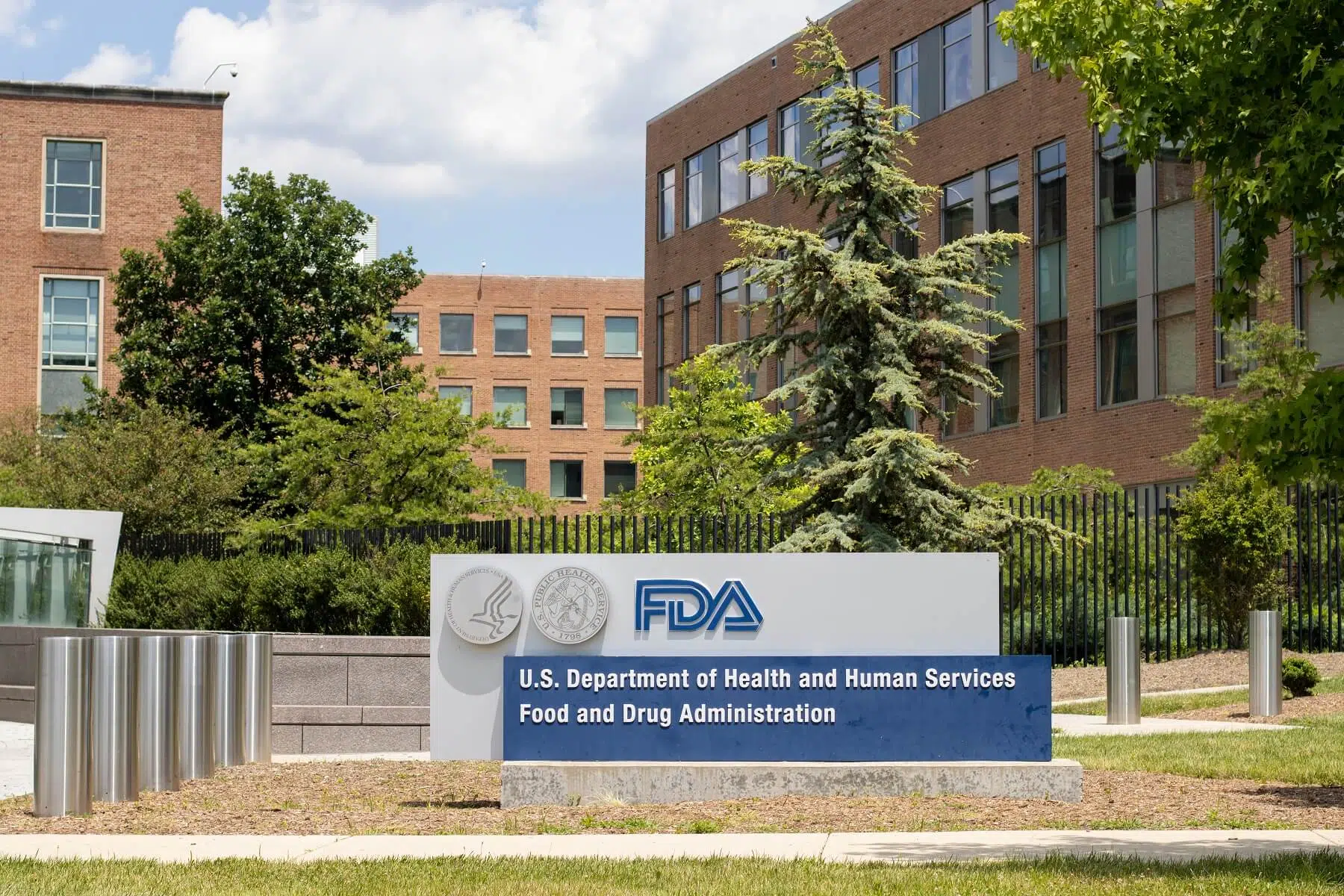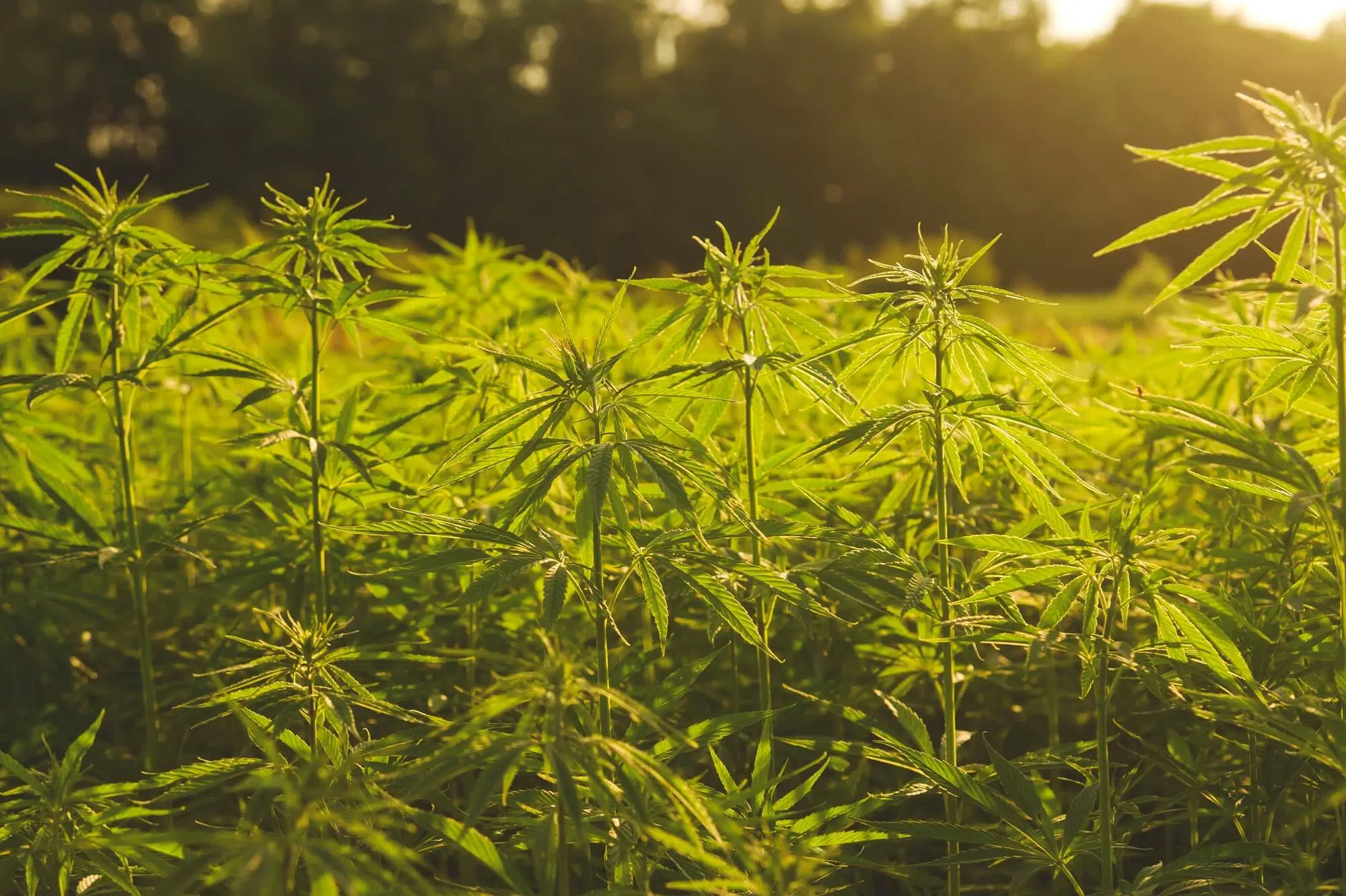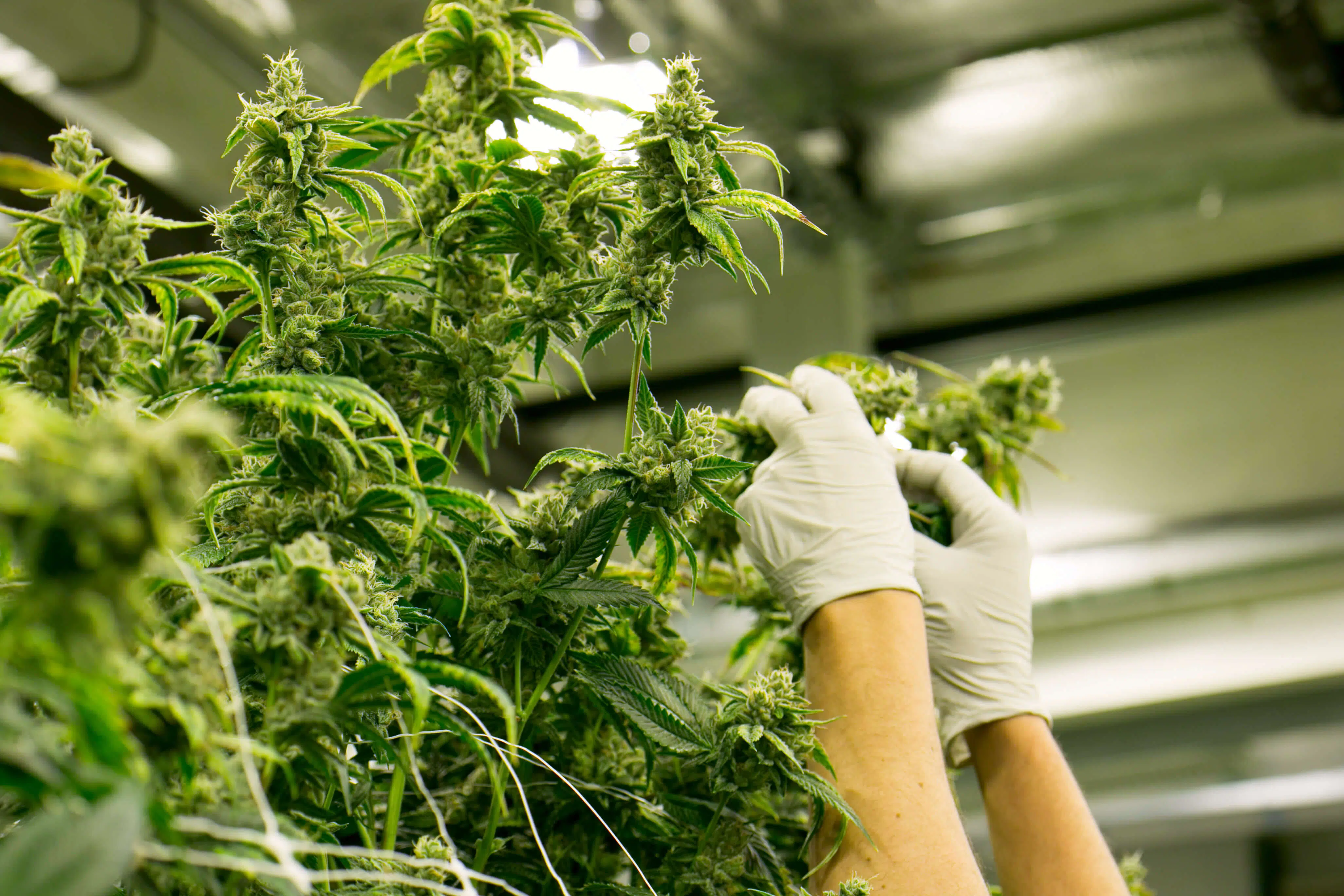-
- Market Research
- |
- CBD Near Me
- |
- Giveaways
- |
- Newsletter
- |
- Contact
- |
- Advertise
- |
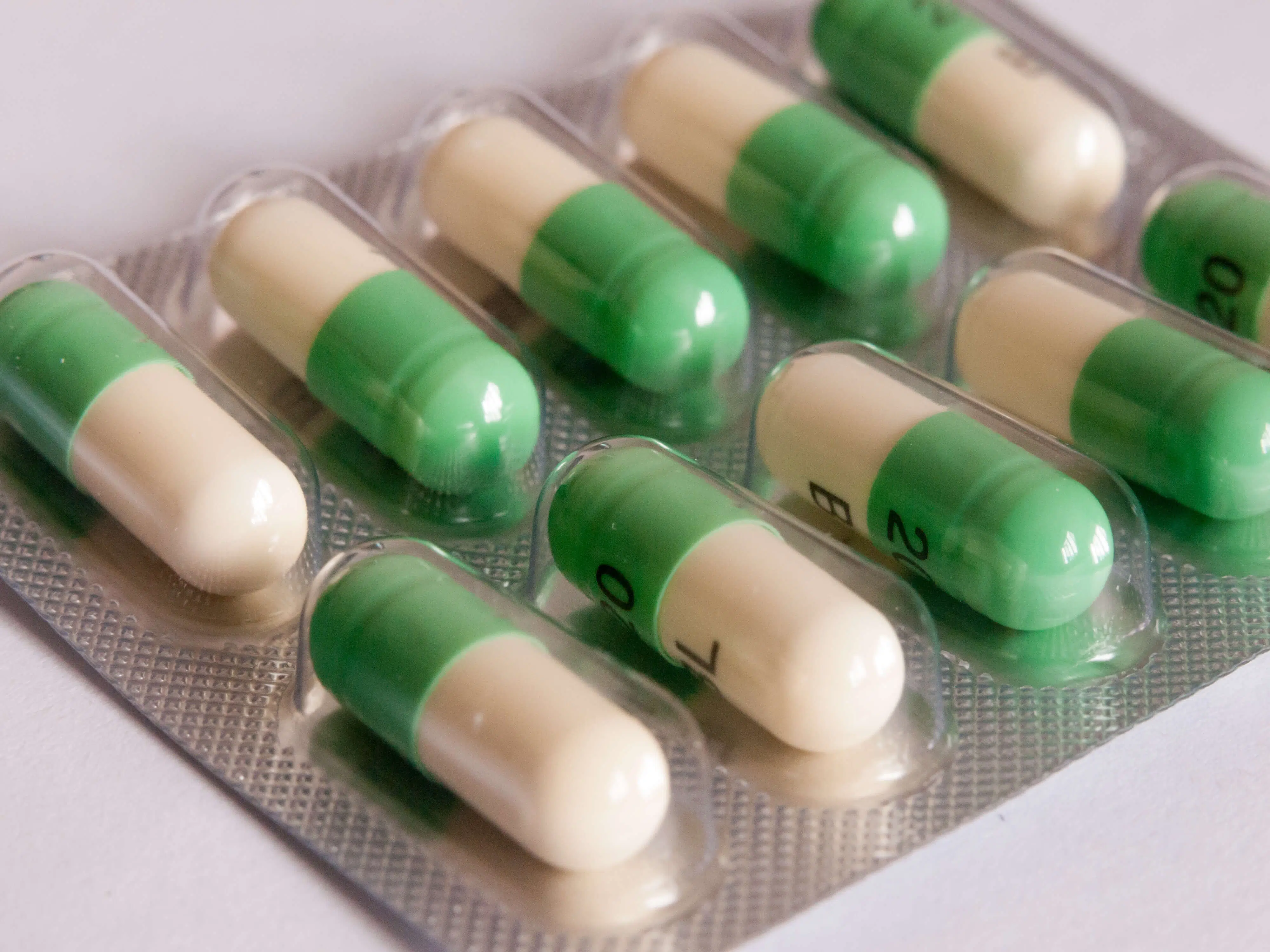
Here’s the latest CBD news:
- Indiana University researchers found that CBD/THC administered to pregnant mice was detected in the embryos, and that effects could interfere with Prozac.
- House spending bills accepted this week aim to protect immigrants and veterans from being denied citizenship or home loans because of marijuana use (or employment in the cannabis industry, for veterans).
- CBD American Shaman has released the results of three studies assessing CBD’s effectiveness for sleep, ADHD, and more.
- A study combines microencapsulation and a bile acid to greatly enhance CBD absorption in mice.
Study Links CBD/THC Exposure to Poor Response to Prozac
A study published by Indiana University researchers in Cannabis and Cannabinoid Research on Monday (June 28) found that THC and/or CBD given to pregnant mice was detectable at “substantial levels” in the embryonic brains, causing effects that persisted after birth and into adulthood.
The researchers divided mice into four groups, who received THC, CBD, a 1:1 THC/CBD mixture, or a placebo, after which they were tested for anxiety-related behaviors.
In addition to the cannabinoids, mice were given fluoxetine (Prozac) and then forced to swim, as the researchers wanted to “probe neurochemical pathways interacting with the endocannabinoid system (ECS).”
In other words, the point of the study was not only to gauge the communicability of cannabinoids from mother to embryo, but to assess the impact that ECS stimulation via THC/CBD could have on any “intersecting” neural networks (i.e., how the cannabinoids could affect drugs that also interact with the ECS).
Gauging the impact of cannabinoid exposure on the effectiveness of fluoxetine, which should have decreased immobility in the forced swim test (but didn’t, thanks to THC and CBD) allowed the researchers to make this connection.
Finally, researchers were able to reverse the cannabinoids’ tendency to decrease the effectiveness of fluoxetine by inhibiting an enzyme—fatty acid amide hydrolase (FAAH)—which could prove useful if this interaction between cannabinoids and certain drugs is shown to cause behavioral problems in humans.
Bills Would Walk Back Penalties for Veterans and Immigrants Using Cannabis
Among several other provisions, a spree of cannabis-related spending bills accepted by House members on Wednesday (June 30) aims to provide indemnity in certain situations for veterans and immigrants who admit to cannabis use.
As proposed by the House Appropriations Committee’s draft fiscal year 2022 Homeland Security funding bill, the Department of Homeland Security would no longer be able to “deny admission or a benefit to an individual solely on the basis of marijuana use or possession for personal use.”
In other words, immigrants would no longer be asked about or penalized for their marijuana use when seeking to obtain lawful citizenship.
Furthermore, the House Appropriations Committee confirmed the amendment Rep. Katherine Clark (D-MA) and 20 other congress members made with the help of a 2019 sign-on letter, stating that veterans cannot be denied a home loan because they work in the (legal) cannabis industry.
New Studies by CBD American Shaman Examine CBD Benefits
Prolific retailer CBD American Shaman announced the results of three CBD studies they sponsored at the International Cannabinoid Research Society conference in Galway, Scotland this week.
The first study assessed the effectiveness of a water-soluble preparation of cannabinol (CBN) as used for sleep, finding that the well-tolerated cannabinoid enhanced both the duration and quality of sleep.
The second study tested the efficacy of a “nano-processed” cannabidiol and cannabigerol (CBG) mixture against attention deficit and hyperactive disorder (ADHD), irritable bowel syndrome (IBS), and chronic fatigue, finding that the solution lessened the cardinal symptoms for all three issues.
Finally, the third study took aim at the hotly debated issue of long-term liver effects, finding that CBD did not cause detectable impairments in liver function or liver failure.
Microencapsulation Drastically Improves CBD Absorption
A study from Curtin University of Perth, West Australia, published in mid-June found that microencapsulated cannabidiol (CBD) drastically outperforms the bioavailability (absorption capacity) of conventional delivery methods when co-administered with deoxycholic acid (DCA).
Citing CBD’s poor absorption in the human body, the researchers hypothesized that the addition of deoxycholic acid, a bile acid that can enhance the ability of some substances to pass through membranes and other barriers in the body, as well as the microencapsulation delivery method (for CBD) would improve uptake, which was true in both cases.
Participants were divided into three groups according to the substances they were given: CBD capsules, CBD + DCA capsules, or “naked CBD oil (control).”
Plasma concentrations of CBD in the CBD + DCA group were 40% higher than those of the CBD capsule group, and 47% higher than those of the CBD oil group.
Additionally, mice given both compounds achieved peak concentration in just under 20 minutes, where the other groups took an hour or more.
Should these findings prove themselves consistent in human populations, we may see more brands switching to microencapsulation—especially if more CBD-based drugs (like Epidiolex) are approved for seizures and other time-dependent medical concerns.



